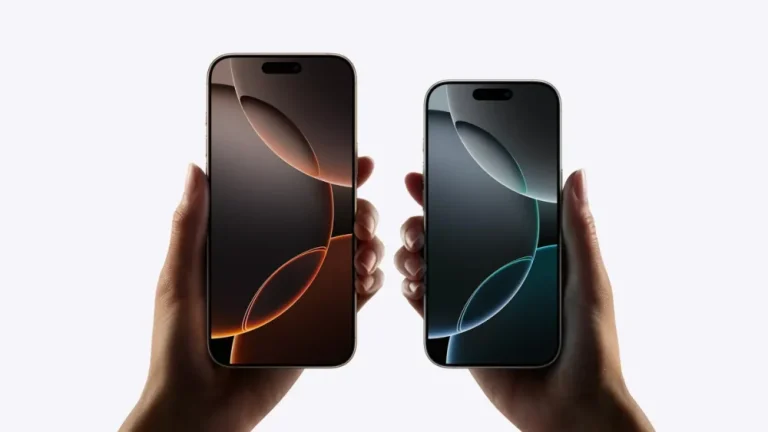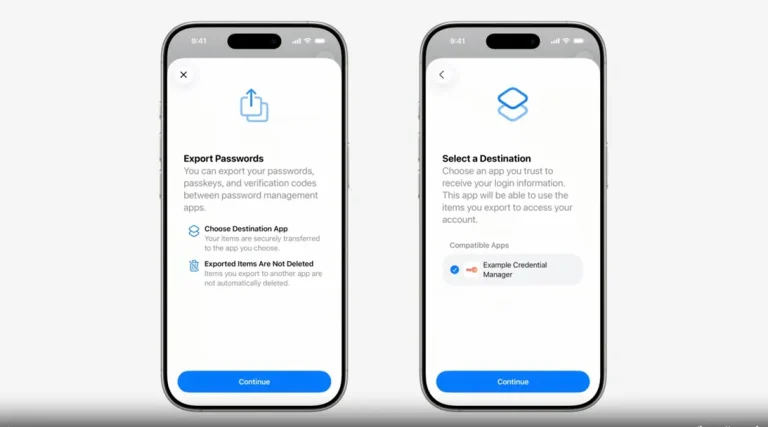
Compared to its status in 2015, Apple has announced a remarkable achievement—a reduction of over 60% in global greenhouse gas emissions, marking a significant stride toward its goal of reaching carbon neutrality across its entire business by 2030.
In tandem with this announcement, Apple revealed that it now uses 99% recycled rare earth elements in all magnets and incorporates 99% recycled cobalt in battery components. Over the past year, the company has continued to advance its supply chain’s transition to renewable energy and increase the proportion of recycled materials in its products, collectively reducing approximately 41 million metric tons of greenhouse gas emissions.
Apple has successfully deployed 17.8 gigawatts of renewable energy across its global supply chain. In 2023 alone, renewable energy purchases by suppliers led to a reduction of 21.8 million metric tons in greenhouse gas emissions—a 17% increase compared to the previous year. Collaborative efforts with suppliers to enhance energy efficiency further reduced emissions by nearly 2 million metric tons.
Additionally, Apple announced that 26 of its semiconductor suppliers have committed to cutting fluorinated greenhouse gas emissions associated with Apple-related production by at least 90% by 2030. This commitment not only benefits Apple but also drives broader reductions in harmful emissions as these suppliers serve other clients. In 2023, Apple’s panel and semiconductor suppliers collectively reduced emissions by 8.4 million metric tons, with plans to accelerate this reduction in the coming years.
Elsewhere, Apple highlighted the success of its Zero Waste program, through which participating suppliers diverted approximately 600,000 metric tons of waste in the past year. Since the initiative began in 2015, the cumulative total has reached 3.6 million metric tons—equivalent to saving 4.5 million square meters of landfill space. Apple has also significantly increased the use of recycled materials in its products: the new MacBook Air with the M4 chip features over 55% recycled content, the latest Mac mini is the company’s first carbon-neutral Mac, and all Apple Watch models are now entirely carbon neutral.
Apple also addressed water conservation, noting that since the launch of its Supplier Clean Water Program in 2013, it has saved over 9 billion gallons of fresh water in collaboration with its partners. In 2023, suppliers involved in the initiative achieved an average water reuse rate of 42% and collectively conserved 1.4 billion gallons of fresh water. Apple plans to replenish 100% of the freshwater it uses in high-stress water regions by 2030 and is currently expanding projects in the U.S., India, and Africa, aiming to generate nearly 9 billion gallons in water benefits over the next two decades.
In celebration of this year’s Earth Day, Apple is offering customers and users opportunities to learn and take meaningful action—encouraging participation in material recycling efforts and engagement with Earth-themed content to foster environmental stewardship. On April 22, Apple Watch users who complete any physical activity for 30 minutes or more will receive a limited-edition Earth Day award.


